Living in a small or compact home can be difficult when it comes to design. You have to be careful with the materials you choose so the space doesn’t feel crowded or messy.
That’s why microcement is a great option. It is a thin, smooth material that creates a seamless look without taking up much space. You can use it on floors, walls, and even furniture. It works well in tiny homes, studio apartments, and small bathrooms or kitchens. Microcement is also easy to clean and lasts a long time, which makes it perfect for daily use in small areas.
In this blog, we will share smart microcement design ideas for small spaces. We’ll also talk about its benefits and how you can use it in different parts of your home for a clean and modern look.
Why Is Microcement Ideal for Small Spaces?
Thin Layer
Microcement is only 2-3mm thick, which is ideal for small places or low ceilings. It is light-weight and space-efficient.
Seamless Surface
Microcement is perfect for seamless wall finishes because there are no joints or grout lines. It makes a small place look visually bigger.
Minimalist And Modern Appearance
Minimalist concrete surfaces give a simple and clean look. Modern space materials are used to give a sleek and contemporary style.
Perfect For Kitchens And Bathrooms
Microcement for kitchens and bathrooms is ideal because it is waterproof and provides a seamless wet room design. It can be used on as well as on the floors to prevent any seepage.
Space Saving On Walls
Microcement is one of the space-saving wall materials. It is thin and doesn’t make a thick layer like tiles. It makes the walls look sleek and modern.
Uniform Look
It can be applied on cabinets, shelves, and tables to achieve the microcement furniture finish. It gives a uniform and cohesive look to your room.
How Can Microcement Enhance Studio Apartments and Tiny Homes?
Versatile Use
Microcement is a material which can be used on floors, walls and even furniture. It is the best choice for studio apartments where open layout is common.
Perfect With Multi-Functional Furniture
Usually, multi-functional furniture is found in small apartments. Microcement can also be used on furniture such as folding tables or storage beds.
Minimal design and maximum style
It gives a modern and minimalistic look that looks natural. There are clean lines along with subtle colors, which make the surface even more seamless.
Which Surfaces in Small Rooms Can Be Covered with Microcement?
Floors
It can easily be applied on floors and prevents it from looking bulky. Its seamless finish gives a clean and finished look to a smaller place.
Walls
Microcement leaves no lines or texture when it is applied on walls. It makes the surface look flat and clean. It maintains visual flow on vertical planes.
Countertops
Microcement can be used on kitchen and bathroom countertops because of its heat-resistant and waterproof properties.
Ceilings
Applying Microcement upto ceilings sets the room on the same tone. There is no visual clutter and more space is felt.
Cabinetry
It gives a polished and coordinated look when Microcement is applied on cabinets, shelves, and furniture. It enhances the design flow as well.
What Color and Finish Options Work Best in Small Interiors?
Light Shades
Lighter shades and neutral tones such as off-white, beige, and pale grey reflect more light. These colors make small rooms appear airy and wide.
Matte Or Satin Finish
Matte and satin finishes absorb harsh lights to make the room appear glare-free and calm. They also provide a soft and elegant finish to your home.
Warm Greys And Sand Tones
Warm grey, sand and cream tones not only make small spaces look spacious but also make them feel cozy. These natural colors easily blend with various styles.
How Does Microcement Improve Functionality in Compact Bathrooms and Kitchens?
Waterproof And Hygienic Surface
Microcement is waterproof, so it’s perfect for wet areas like bathrooms and kitchens. It has no joints or gaps, which means germs and mold can’t grow easily.
Seamless Look And Less Clutter
Microcement gives a clean and joint-free finish. This makes the space look neat and open. There are no breaks or tiles, so the surface looks smooth and modern. It also makes cleaning faster and easier.
Save Time And Space
Microcement can be applied directly over old tiles. You don’t need to remove anything, so there’s no mess or extra work. It saves time, keeps your walls and floors slim, and is great for small-space renovations.
Can Microcement Be Used on Furniture or Built-In Elements in Small Homes?
- Microcement can be applied on shelves, benches, kitchen islands, and custom-built storage in small homes.
- It gives furniture a smooth, modern finish that fits well in compact spaces.
- Using microcement on both furniture and walls/floors creates a matching, uniform look across the room.
- This uniformity helps make the space feel more open and less cluttered.
- Microcement is durable and can handle daily use in busy areas like kitchens and living spaces.
- It’s also easy to clean, which makes it perfect for small homes where low-maintenance materials are a plus.
Wrapping Up: Is Microcement a Smart Choice for Small Spaces?
Yes, microcement is definitely a smart choice for small spaces. It offers many benefits, both in how it looks and how it functions. Because it’s thin and seamless, it doesn’t take up extra space and makes rooms feel bigger and cleaner. Its smooth, joint-free surface works well on floors, walls, and even furniture, creating a modern and unified look throughout the space.
It’s also waterproof, easy to clean, and strong enough for daily use, which is perfect for kitchens, bathrooms, and compact homes. In multifunctional spaces like studio apartments and tiny homes, microcement adds a sleek, practical touch without the bulk.
To get the best results, it’s always a good idea to consult a professional who can guide you with the right finish and application for your home.

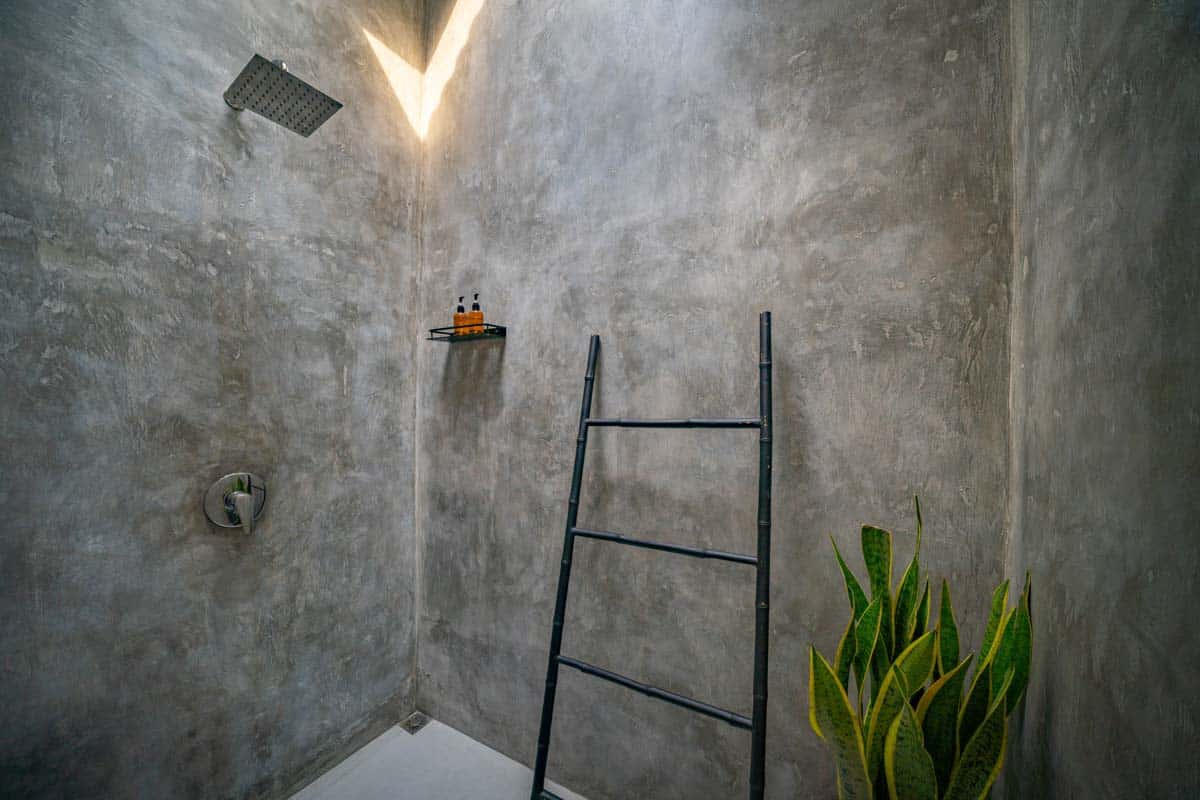

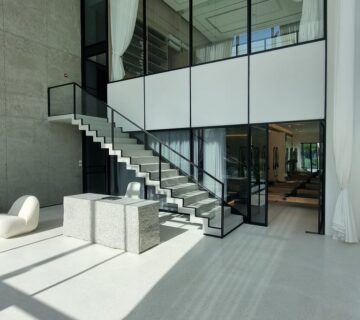
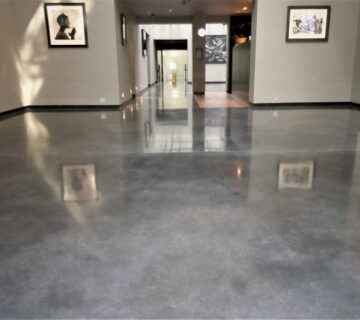
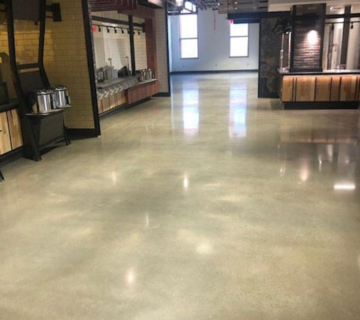
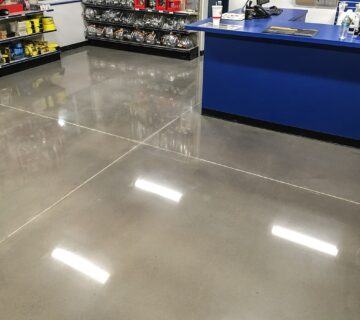
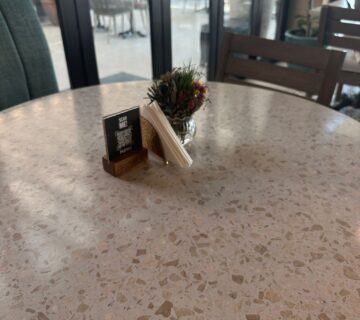
No comment